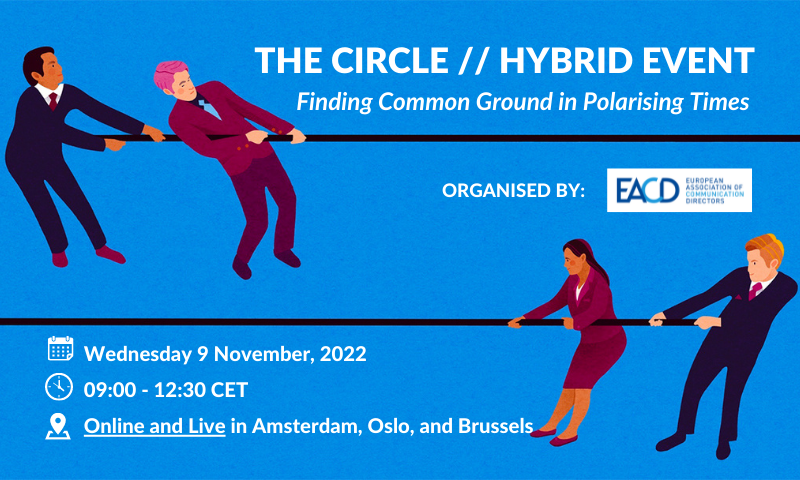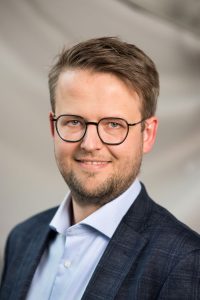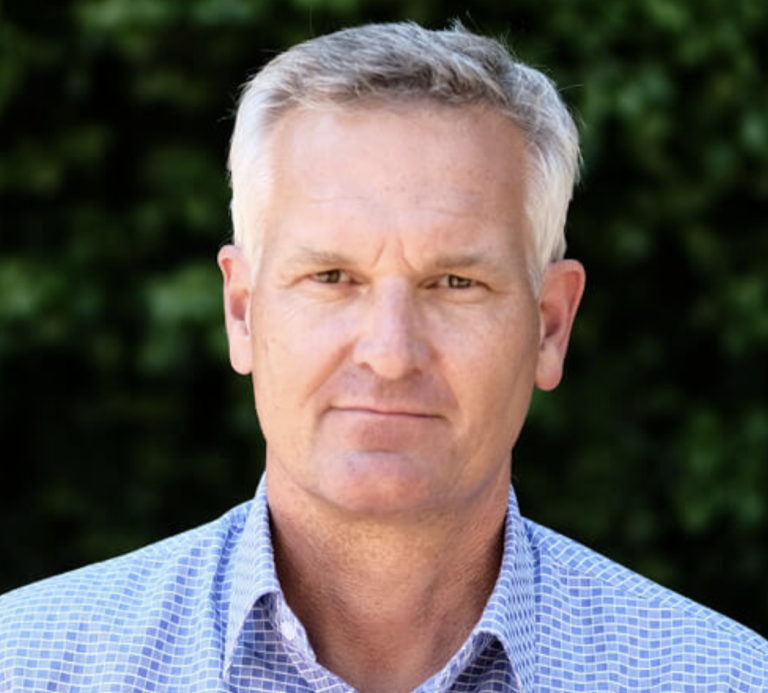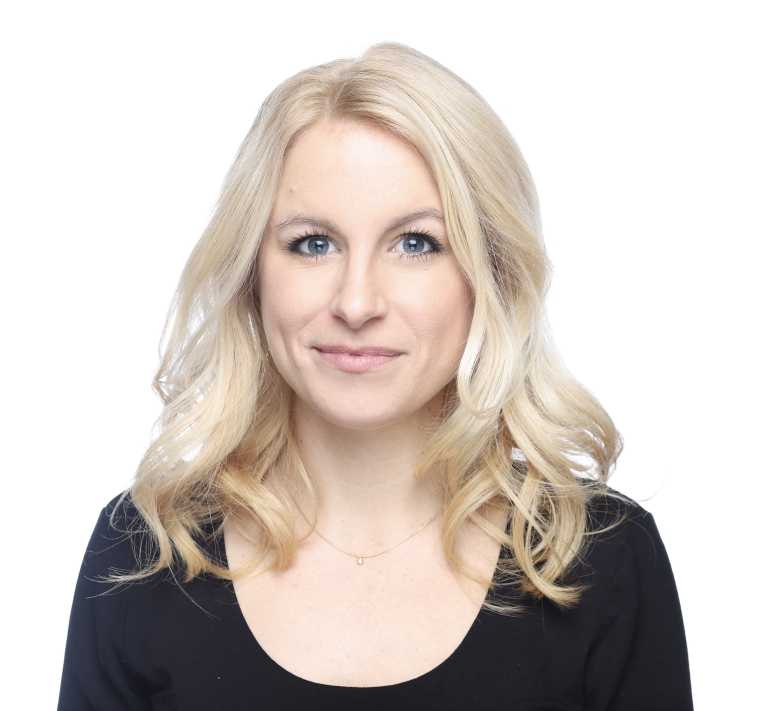Corporate Citizenship, Debates

THE CIRCLE // HYBRID EVENT: Finding Common Ground in Polarising Times
THE CIRCLE // HYBRID EVENT – Finding Common Ground in Polarising Times was held on Wednesday 9 November, from 9:00 – 12:30 CET.
- Amsterdam, ING Main Office, Cedar, Bijlmerdreef 106
- Oslo, BI Norwegian Business School, Nydalsveien 37,
- Brussels, Rud Pedersen Group Office, 28 Avenue Marnix
In an increasingly polarised world, finding common ground on hot topics and overcoming our differences seem progressively difficult. It is important to understand why this is happening, what drives it, what role the media plays, and what this means for communicators.
This will be a unique pan-European event, where peers and experts will discuss these questions and many others.
Join us live to network with fellow communicators in Amsterdam, Oslo, and Brussels.
It is also possible to tune in online only, watch the sessions, and network with your peers at the virtual platform Airmeet networking tables from 9:00 CET.
The talk sessions can be viewed only online and from Amsterdam, Oslo, and Brussels:
- 10:00 – 10:40 // POLARISATION – WHAT, HOW, and WHY?
 Dr. Bert Bakker, Associate Professor for Good Research Practices at the Amsterdam School of Communication Research (University of Amsterdam), will give us an in-depth explanation of what is polarisation and what drives it. And, is it really on the rise?
Dr. Bert Bakker, Associate Professor for Good Research Practices at the Amsterdam School of Communication Research (University of Amsterdam), will give us an in-depth explanation of what is polarisation and what drives it. And, is it really on the rise?
Before that he was an assistant professor and a post-doc at ASCoR, he completed his PhD in political science at the University of Southern Denmark.
He is interested in the psychological roots of citizens’ political beliefs. He primarily studies the role of personality and emotions in relationship to topics such as polarisation and populism. Besides he is motivated to work as transparent as possible and stimulate others to do the same. His work has appeared in journals such as Nature Human Behaviour, the American Political Science Review, the Journal of Communication, Trends in the Cognitive Sciences and Emotion. His work has, in recent years, been funded by the Dutch Science Foundation, the European Commission and Royal Dutch Society for Arts and Sciences. He serves as an Associate Editor at the Journal of Experimental Political Science and an editorial board member of the Dutch Tijdschrift Communicatiewetenschap. He is the co-founder of the Hot Politics Lab, a lab-group in which they study the role of emotions and personality in politics (here).
- 11:00 – 11:40 // ARE THE MEDIA DRIVING OR FIGHTING POLARISATION?
 What role does the media have when it comes to increasing polarisation? How are they living up to their responsibility and is constructive journalism the way forward?
What role does the media have when it comes to increasing polarisation? How are they living up to their responsibility and is constructive journalism the way forward?
Ulrik Haagerup, media veteran, Founder and CEO of the Constructive Institute (the center at Aarhus University which helps journalists and news organisations change the global news culture), will share his perspectives.
Ulrik is the founder and CEO of Constructive Institute. He is member of the advisory boards of People’s University in Denmark, Bolius and Dalberg Global Media. For 10 years he was the Executive Director of News at the Danish Broadcasting Corporation, Denmark’s public service broadcaster. He was previously Editor-in-Chief at NORDJYSKE Media from 2002 to 2007, Editor-in-Chief at the national daily Jyllands-Posten from 1994 to 2002 and an investigative reporter the same place from 1986 to 1991. He graduated as a journalist from The Danish School of Journalism in 1986. His journalism education includes being a John S. Knight Fellow at Stanford University, in addition to furthering his education at INSEAD, IMD, the Stanford Research Institute and the Wharton Business School, University of Pennsylvania. He won the Danish version of the Pulitzer, The Cavling Prize in 1990. He is awarded the knighthood of Dannebrog by Danish Queen Margrethe.
- 11: 50 – 12:30 // CREATING COMMON GROUND: THE IMPACT OF POLARISATION ON COMMUNICATIONS AND COMMUNICATORS?

How do we navigate the hot issues, how do we handle internal polarisation, and what are our roles and ethical responsibilities?
Adam Newton and Katrin Pribyl will lead an interactive conversation on what the rise of polarisation means for us as communicators and the organisations we work for.
Adam Newton has spent 25 years supporting corporate reputation and brand for some of the world’s biggest industrial energy and technology companies. As a former BBC journalist and UK political adviser, he joined Shell in 2007 as a senior leader in group media and strategic communications before accepting a role in the company’s strategy organisation where he supported the respected global scenarios practice. He worked extensively in China and the Middle East and ran the company’s strategic response to the Deepwater Horizon disaster in 2010. In 2013 Adam became VP for External Relations at Maersk’s oil and gas unit in Copenhagen where he led teams across 4 continents. As well as establishing a robust reputation risk management and stakeholder relations function, Adam developed an early valuation model for capturing the value at stake to Maersk from reputational and stakeholder risk.
After a period running his own Board and Executive advisory business for highly regulated international corporations, Adam joined Ericsson, the world leader in 5G Infrastructure , as Group Head of External Relations. He left the role in October this year to return to executive and board consulting work and to move back to his native UK.

Katrin Pribyl is a senior foreign correspondent, having previously worked in the U.K., the Middle East and Germany. Since 2021 she’s the Brussels-based EU correspondent for a pool of major regional German newspapers. Her main remit has been to report on the European Union and Nato as well as current affairs in the Benelux countries. Before her move to Brussels, Katrin spent eight years in London as the UK & Ireland correspondent, spearheading coverage on Brexit, Westminster politics and U.K. current affairs. Prior to that, she lived and worked in Jerusalem, Israel.
